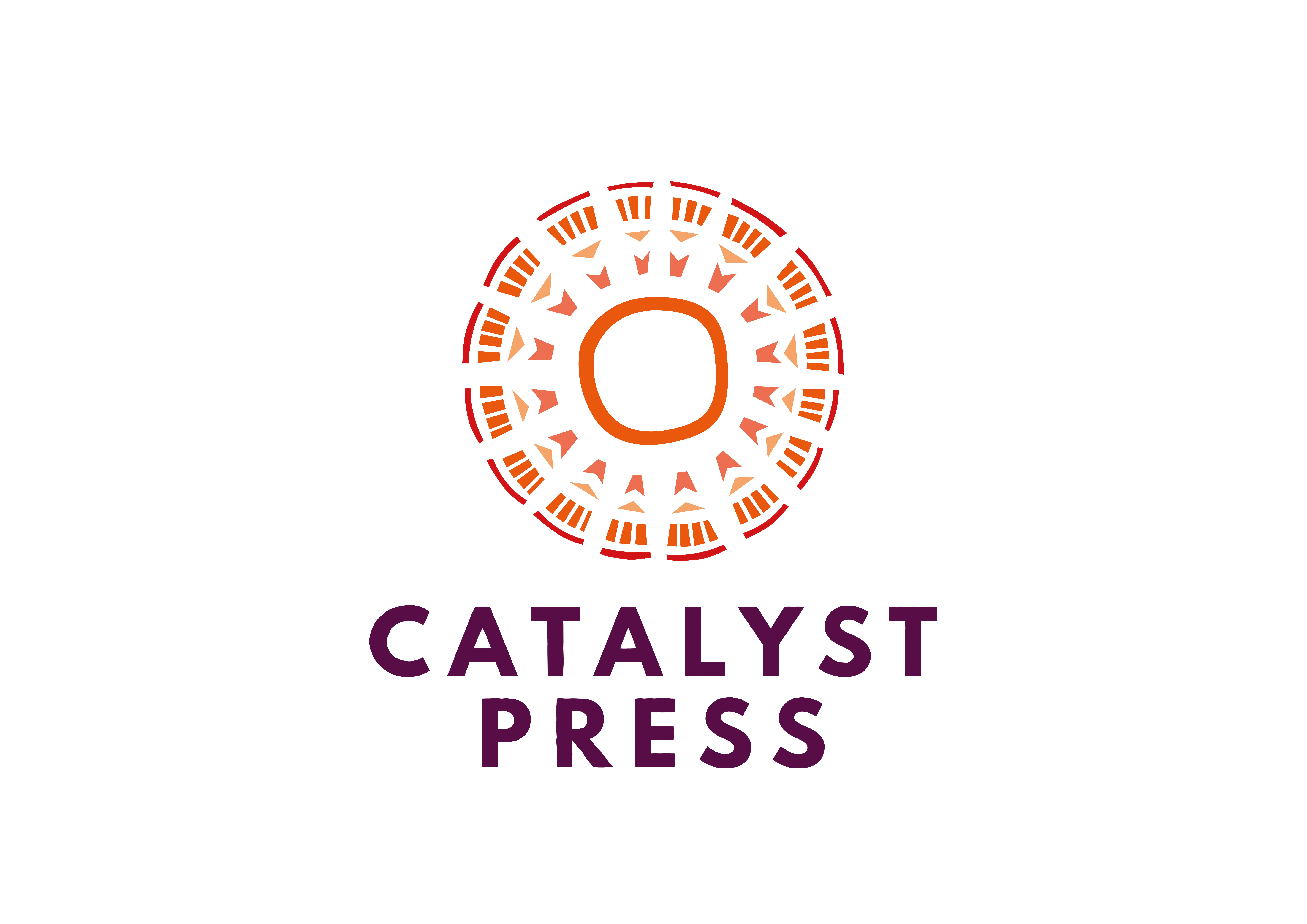
This week marked the release of our third graphic novel— Madame Livingstone written by Christophe Cassiau-Haurie, illustrated by Barly Baruti, and translated by Ivanka Hahnenberger. You may remember this book from such illustrious appearances as The New York Times, Publishers Weekly, and Foreword Reviews This historical tale of friendship and adventure is set in Congo during World War I. Stay tuned for a Q&A with the book’s creators later this month!
Mark your calendars for this great talk: On June 22, NYU’s Center for Black Visual Culture/Institute of African American Affairs presents a conversation with author Kevin Adonis Browne and Temple University Global Studies professor, Harvey R. Neptune on “Carnival and the Poetics of Caribbean Culture”
Over at AfroPop, an exploration of the Cuban intervention in Angola, and “Through music, interviews, and historical radio clips, producer Ned Sublette, author of Cuba and Its Music, tells the story of Cuba’s massive commitment in Africa, from the Cuban Revolution in 1959 and the subsequent independence of Congo, to the end of the Soviet Union in 1991.” Listen to the story here.
Make sure to visit Words Without Borders to read their twelfth annual Queer issue! Writers from around the globe, including Algeria and South Africa “reflect on the past and pursue the future, reckoning with loss and confronting desires established and new.”

In other Catalyst news, if you missed author Barbara Boswell’s (Unmaking Grace) amazing discussion with fellow author/scholar Shanna Benjamin this week, you can watch a recording of the event here.
“Before I relocated to Tulsa in 2019 to participate in the Tulsa Artist Fellowship, I was aware of the 1921 Tulsa Race Massacre that decimated a thriving Black neighborhood but completely unaware of how it would haunt me. After landing in the city and getting oriented, I found myself unable to sleep for the first week.” Over at Bomb magazine, artist Kalup Linzy presents eight artists’ work in response to the 1921 Tulsa Race Massacre.
Go to the Paris Review to cook with C.L.R. James, as part of their ongoing series Eat Your Words. I’ve seen guava paste hand pies, and now that’s all I can think about. Please send pastries. Thanks.
“With what the slave trade and colonialism implied—the more often forced, but sometimes voluntary movement of people across the Atlantic—these transgressive gender performances became the target of the inquisition.” At JSTOR Daily, Mohammed Elnaiem explores the more nuanced gender categories that were present across Africa before colonialism.
Has there been a book that made you think differently about the entire genre? (My answer is yes, and that book is Liner Notes for the Revolution by Daphne Brooks, which is scholarship, history, journalism, and just such good writing all rolled up together, but I digress). School Library Journal asked that question to a few authors about which books changed the way they thought about fiction.
What are your weekend plans? Are you reading one of these comedic romance novels? Are you a big record nerd like me, and looking forward to Record Store Day? Or are you interested in some new releases from small presses, like this list from CLMP (oh look, there’s Madame Livingstone again!)?
“Till the Time of Trial: The Prison Letters of Simon Nkoli, a selection of letters between black queer anti-apartheid activist Simon Nkoli and his partner Roy Shepherd during his incarceration and trial, offers a unique perspective on prison writing as a love letter and a form of activist self-fashioning.” Kanika Batrai on letters as literature, specifically the letters activist Simon Nkoli for Brittle Paper
And finally, head over to pulitzer.org to see all of this year’s Pulitzer Prize winners and finalists.


